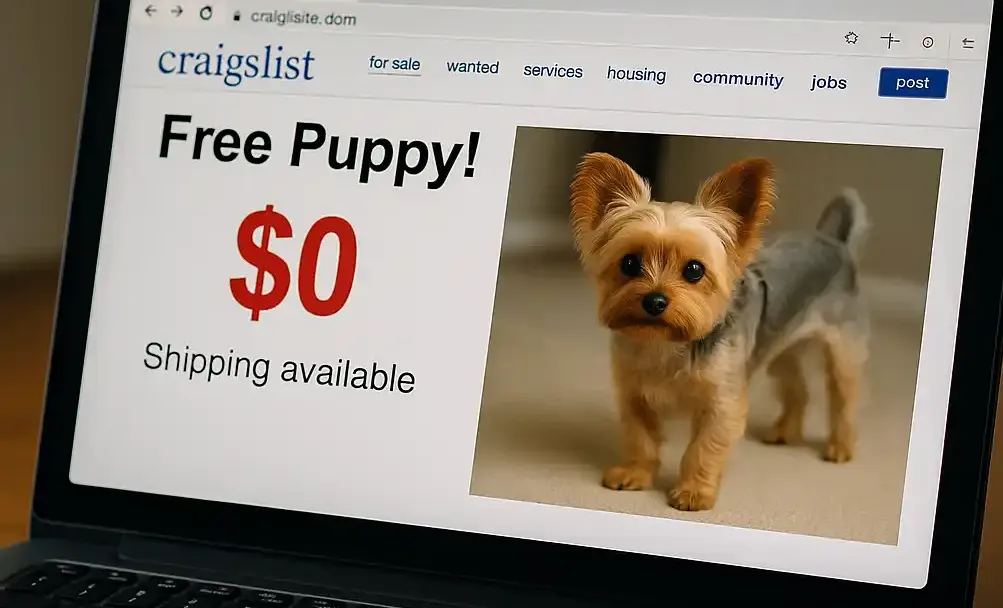Additional Contacts for Scam Victims
You can contact Green Dot at 800-795-7597, Western Union at 1-800-448-1492, and MoneyGram at 1-800-926-9400 to ask about your transaction.
These companies also forward suspicious activity reports to federal and state law-enforcement databases that police departments across the country use every day. When you alert them, your information doesn’t just sit in a file, it becomes part of a larger system that helps officers identify repeat offenders, connect cases across multiple states, and catch scammers who rely on staying anonymous. Even a single report can help investigators spot patterns they would have missed otherwise.
File a Police Report
You should file a police report with your local police department as soon as possible. Bring every detail you have, including text messages, emails, screenshots, payment confirmations, and the website or ad you interacted with. Clear documentation shows officers exactly what happened and gives them something solid to enter into their investigative systems.
After you contact police, reach out to your bank immediately. Financial institutions can sometimes freeze a transaction before the scammer fully withdraws or transfers the money. The sooner your bank knows, the higher the chance that at least part of the funds can be stopped or tracked.
Keeping thorough documentation not only protects you, it also helps investigators see how these scams operate. When enough victims report similar details, law enforcement can link cases, follow digital trails, and build a stronger case against the people running these operations.








